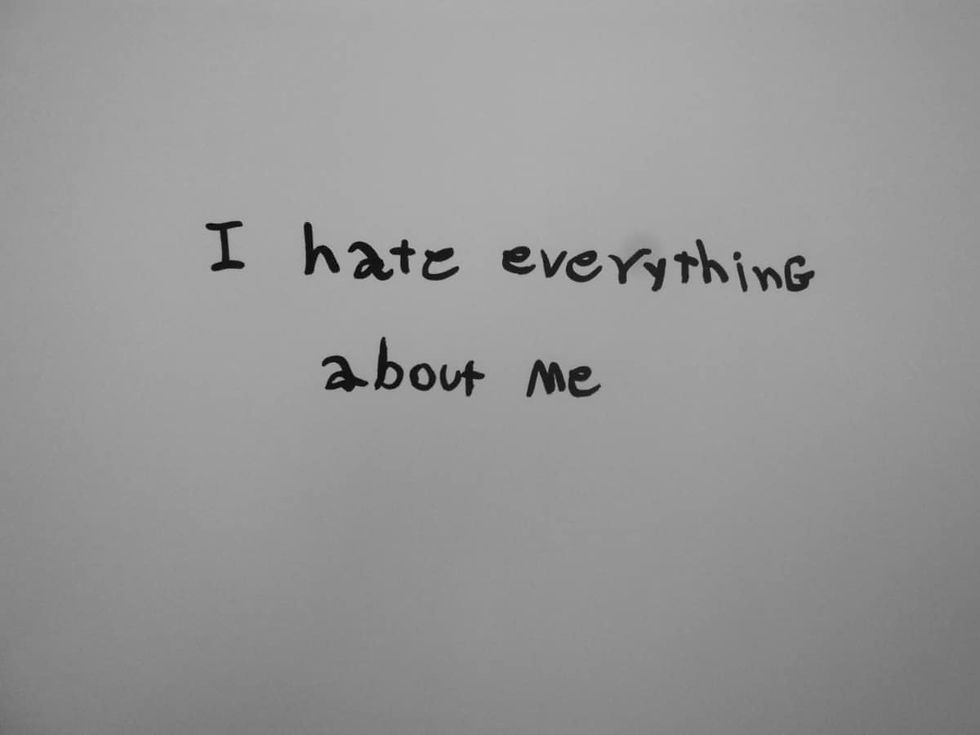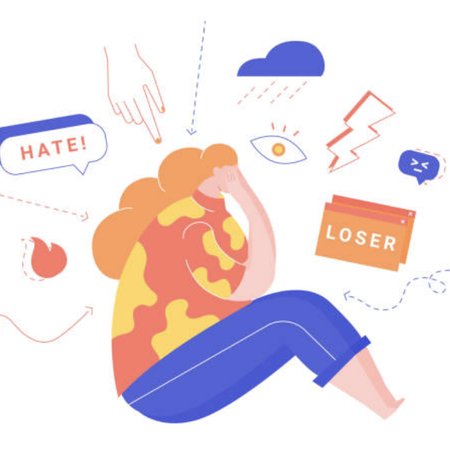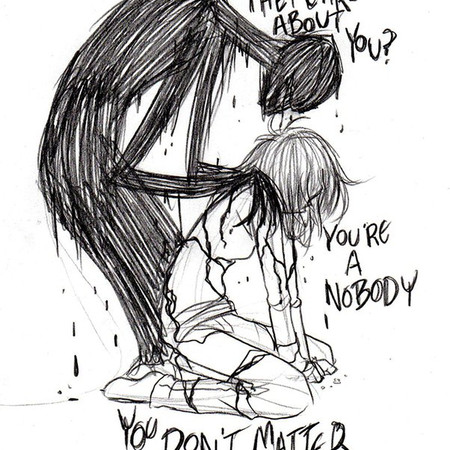
Self-Hate - Part 2
BEAUTIFUL ME (Series): Self-Hate - Part 2
In our last issue we introduced the idea of “Inner Critic” and how childhood experiences and relationships influence our thoughts and behavior. Continuing on this trajectory we will identify other factors that play a role in how we view ourselves. Click here for part 1
Bullying
Were you a victim of bullying in school, at work, or in a relationship? If the answer yes, then your experience has helped to shape your inner critic’s sentiments. Bullying ranges from mild to severe but no matter the degree of torment the effects are more or less the same. The toll such oppression takes on the victim is well documented through scientific experiments and behavioral observation. Even the mildest form of bullying and tyranny creates lasting memories that impacts your idea of self-worth and self-esteem. Victims of bullying are often times triggered by situations, environments and individuals and tend to react counterintuitive to self-preservation. This is further exacerbated by their inner critic, who repeats the same words expressed by their former aggressor. If your inner critic replays your trauma on loop, then you are dealing with internalized hate, repressed loathing and feelings of revulsion.
Traumatic Events
Traumatic life events such as a car accident, physical attack, or significant loss can also influence our inner critic. The event often times have you questioning "why me?" which leads to feelings of shame, guilt or regret. Trauma never goes away; decades may pass and the triggers still remain. Environmental, structural, emotional and mental triggers are like designed to cause maximum self-loathing and self-hatred. Reliving those memories will have you questioning the validity of your healing and progress. It is easy during this time to fall back into self-deprecation and repugnance for yourself. Seeking help from a trained professional is that extra life line, that bullet proof vest you against those live rounds
Mental Health Conditions
Feelings associated with self-hatred can also be attributed to mental health conditions such as depression or anxiety. Symptoms of depression including a sense of hopelessness, guilt, and shame can result in feelings of worthlessness. In addition to dealing with those resulting feelings, due to nature of depression, it is difficult to see through the cognitive bias; recognizing that the feelings are due to depression. As the condition persists (if left untreated), its influence on your your thoughts becomes a corrosive trap of negative self-perception and isolation. Anxiety follows the same pattern (to a lesser extent) crippling the idea of self-love and worth.

Click to read how Fennel Seeds can help with anxiety and depression.
For years I struggled with negative self-perception, my views on my appearance, feelings, behavior and relationships were poor. My self-esteem was below the bar and my confidence miniscule or I dare I say non-existent. Simple problems requiring simple solutions appeared greater than its reality, a reflection of my inherent self-hatred and discolored perception of worth and acceptance. As I grew older, matured in critical thinking and discernment, I was able to separate my inner critic from reality. I learnt to embrace the principles of being different and celebrate the specifics that makes me – ME.
To be contd.





